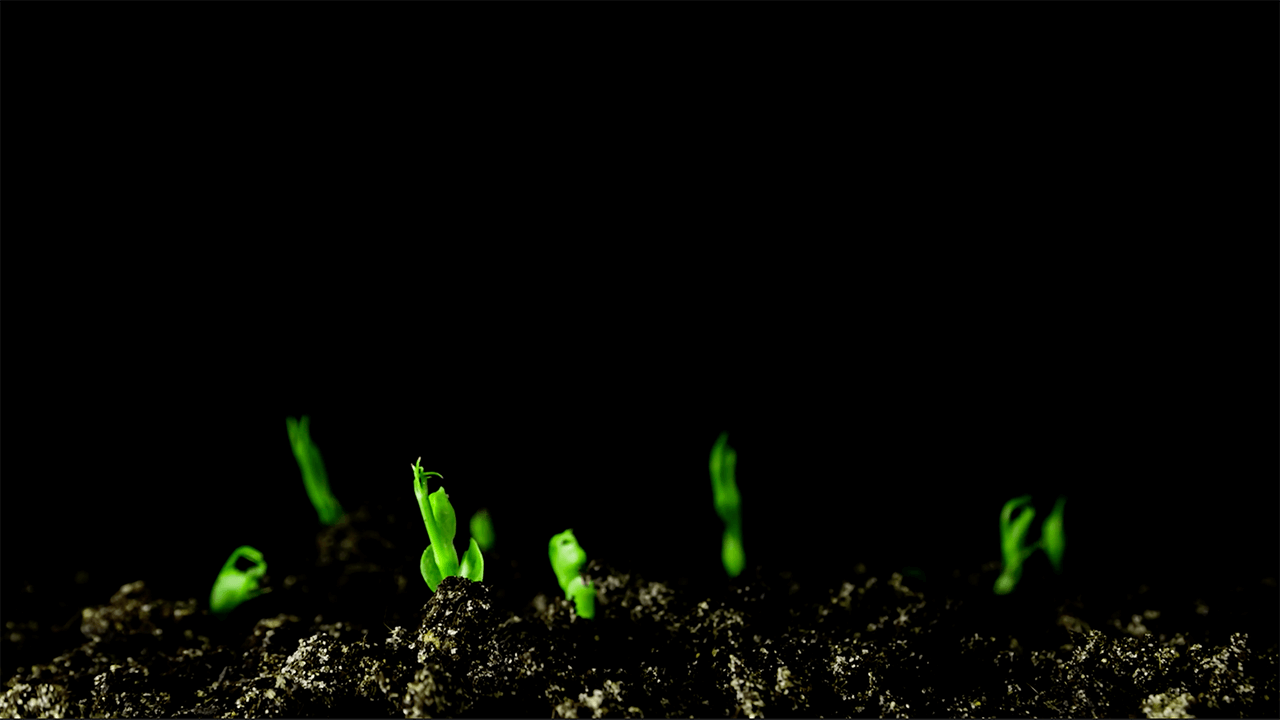The CHALLENGE Platform
The CHALLENGE platform is a research project titled “Harnessing the Power of Big Data to Address the Societal Challenge of Ageing”. It is collaboration between University of Copenhagen, Statistics Denmark, Rigshospitalet, and Newcastle University. Here we combine the strength of Danish data repositories and scientific research into ageing, embedded within an appropriate socio-ethics-legal framework. Considering that the CHALLENGE platform aims to contribute to personalized medicine, all ethical conducts are monitored by ”Personalized Medicine in the Danish Welfare State (MeInWe)”
Overall, the aim of this platform is to get a comprehensive understanding of the ageing process at a population, organismal, and molecular level. The CHALLENGE platform consists of various projects on Biomarkers, Diseases, Exposome, Prediction, and Systems.
Studying Population Ageing
First, we will create and analyse the life histories of people with fast and slow ageing trajectories in the general population. The life histories cover most aspects of life ranging from living conditions, family relationships, education, work and working conditions, income, wealth, biomedical conditions, geographical location, and the use of welfare services. This will make it possible to systematically trace individuals over time and to identify key events during the life course that result in different patterns of ageing and degenerative diseases.
Studying Organismal Ageing
Second, we will examine the pathological biomarkers of ageing in samples of human tissue by using data from The National Pathology Register. It is Denmark’s nationwide digital archive of biological samples and diagnostic information including numerous reports on five million unique individuals, representing approximately one third of the Danish birth cohorts. We will perform an in-depth investigation of the interplay between tissue damage, organ function, and age-related degenerative diseases.
Studying Molecular Ageing
Third, we will perform computational assisted analyses to dissect the complex relationship between proteomic hallmarks and biological behaviour of ageing cells that cannot be detected with standard pathological examinations. Many human and non-human omics datasets in the public domain provide a rich resource on system-wide changes taking place in different cells across the life course. Using these exceptional datasets, we will analyse the dynamic transition from normal cells to malfunctioning tissues and age-related degenerative diseases.
Overall Structure of the Work
The first research track (I) will systematically trace individuals over time, making it possible to identify key events in a human’s life that result in different histories of disease and disability. The second research track (II) will use machine-learning to dissect the complex relationship between morphology of cells and their biological behaviour that hitherto cannot be detected with standard pathological examination. The third research track (III) will perform an in-depth investigation of the dynamic interaction between nuclei and mitochondria in response to experimental perturbation.
Synergy when integrating population, organismal, and molecular data
Development of computational analyses of the enormous amount of information on population ageing (I) that resides in the national registries integrated with data on organismal ageing (II) from stored samples of human tissues. The omics-data that will be accrued from these samples allow for studying causal inference using Mendelian randomization studies, whereas the systems modelling of data from fresh samples upon experimental perturbation will further unravel the contributing molecular ageing (III) mechanisms.


